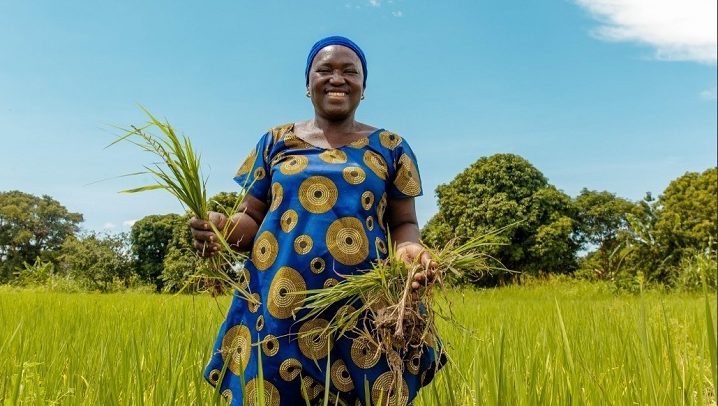Every discerning Ghanaian knows that the economy of the country has experienced a downturn due to COVID-19 and the Russia-Ukraine war.
As usual, the naysayers for political reasons will not credit the NPP administration with any positive efforts to improve the well-being of the people.
Just a casual content analysis of our media space tells you that Nana Akufo-Addo and his team have not folded their arms in despair when they inherited John Mahama’s ‘dumsor’ economy in January 2017.
Besides the most impactful social intervention policy of our time, the free SHS, the government has other policies to its credit such as the Planting for Food and Jobs (PFJ). The hallmark of a successful leader is the one who dreams big ideas and puts them into action regardless of the challenges.
These obstacles may not be for want of trying, but making sure that policy measures are put in place to advance the economic development of the country.
What makes the difference is the capacity to step back, undertake a review in order to leave the chaff behind and make progress with the grain that will bear fruits. That is what the government intends to do with the review of the PFJ.
Speaking at the launch of phase two of the Planting for Food and Jobs, President Akufo-Addo spoke about an input credit system to make seeds and fertilisers available to farmers and an offtaker or commodity trading arrangement to make farming more attractive to all.
We expect the government to walk the talk to make agriculture the cornerstone of our economic forward march.
Agriculture has changed the economic dynamics of many countries, and it is our hope that during this second phase the government will do all within its power to increase productivity in the sector.
We suggest to the government to do targeted farming where specific crops such as onions and tomatoes as well as maize and rice will be cultivated in volumes for local consumption and for export.
The narratives must now change so that we can end import of vegetables from Burkina Faso and Niger, especially when Ghana can boast more arable lands.
All our efforts to turn the corner completely round in the present economic dispensation will come to naught if we continue to relegate agriculture to the back burner.
We have all the resources to break the back of the present economic challenges, and all that needed to be done is the proper harnessing of the potential in the soil. Any country that is able to feed itself must be on the path of recovery, hence we urge all and sundry to jump onto the agriculture bandwagon by turning every space in their houses to plant anything that is suitable for the kitchen.
We cannot afford to import food in large quantities and expect our foreign exchange reserves to remain attractive and support the economy. After all, we are encouraged to eat what we grow and grow what we eat. That being the case, we cannot continue to pay little attention to agriculture.
The next phase of economic boom in the country can be found on the land. There are other factors that affect agriculture output, which include the availability of land and credit. The present high cost of credit will not help any investor in agriculture to get good returns on investment.
The government must demonstrate its readiness to doing something new in the sector by overhauling the credit arrangements and the land tenure system for better returns. There is no doubt that agriculture hold the key to economic independence and recovery, but it can be done with pragmatic direction, policies and leadership but not rhetoric and lip service. There are glimpses of success from phase one of the PFJ which gives indications that the experiences can be leveraged to attain greater heights.

